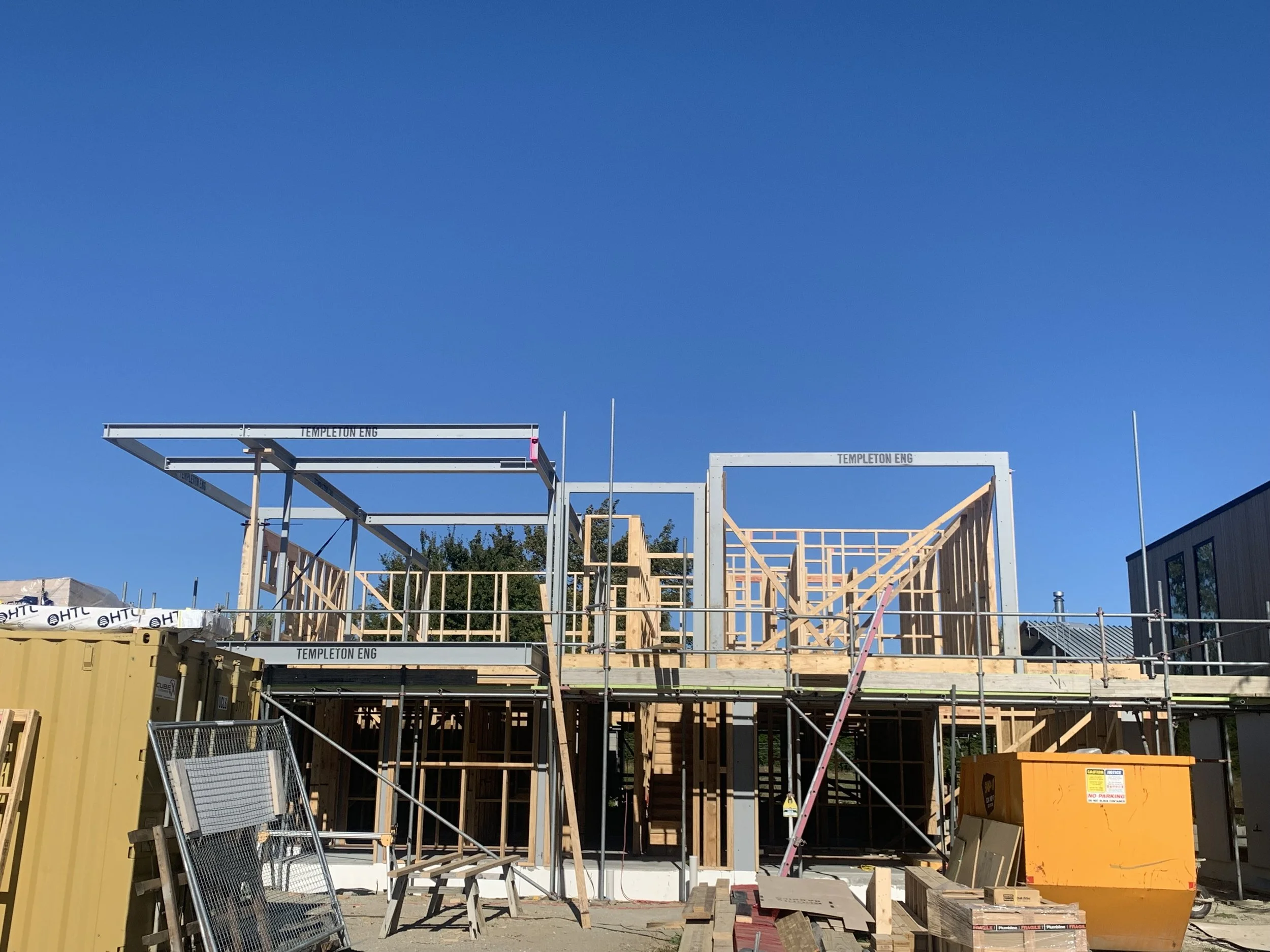If you have a fireplace or wood-burning stove, maintaining your chimney is crucial for the safety and efficiency of your home. A regular chimney sweep goes beyond cleanliness—it's a vital part of ensuring your household stays safe, your heating system runs smoothly, and your environmental impact is minimized.
1. Fire Safety Chimneys accumulate creosote, a highly flammable byproduct of burning wood. Over time, this buildup can cause chimney fires, which may spread to the rest of your home. Regular sweeps help remove this risk, keeping your home safe from potential fire hazards.
2. Improve Air Quality A dirty or blocked chimney can trap harmful gases like carbon monoxide inside your home. This odorless, invisible gas is dangerous and can lead to serious health problems. Routine chimney maintenance ensures proper ventilation and cleaner indoor air.
3. Enhance Heating Efficiency A clean chimney allows your heating system to work more efficiently. When soot or debris clogs the flue, your system has to work harder, using more fuel. Regular sweeps optimize airflow, saving you money on fuel and reducing your environmental impact.
4. Prevent Structural Damage Creosote and soot can erode your chimney’s structure, and trapped moisture can damage the mortar or flue, leading to costly repairs. Regular chimney sweeps help detect these issues early, saving you from expensive fixes later on.
5. Reduce Environmental Impact Maintaining a clean chimney reduces the release of harmful pollutants into the atmosphere. A well-maintained system burns fuel more efficiently, lowering your household’s carbon footprint.
6. Comply with Regulations In some regions, regular chimney sweeps are required, especially in rental properties. Staying on top of chimney maintenance ensures safety compliance and may be necessary for insurance coverage.
7. Prevent Pest Problems Animals like birds and squirrels often nest in chimneys, blocking ventilation and causing risks. Regular sweeps remove these nests, ensuring proper airflow and reducing the chances of carbon monoxide buildup.
How Often Should You Sweep Your Chimney? Experts recommend inspecting and cleaning your chimney at least once a year. Homes that frequently use their fireplace may require sweeps every six months.
Regular chimney sweeps are key to maintaining a safe, efficient, and eco-friendly home. Whether you're a homeowner or tenant, investing in chimney care protects your household and the environment while also saving on heating costs.

















